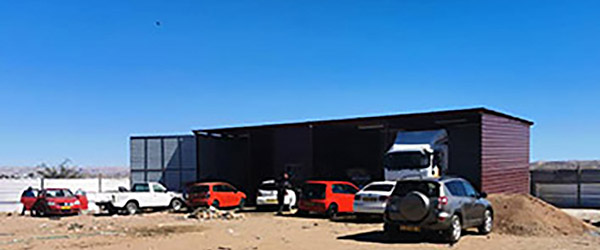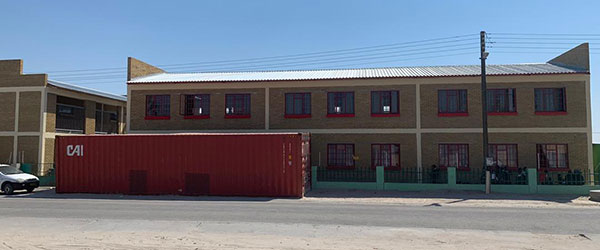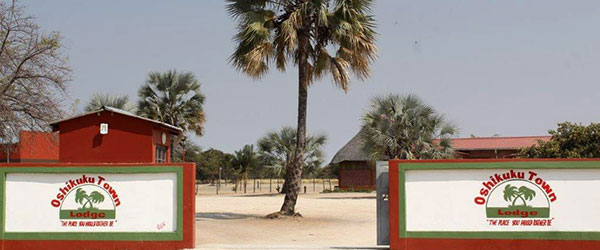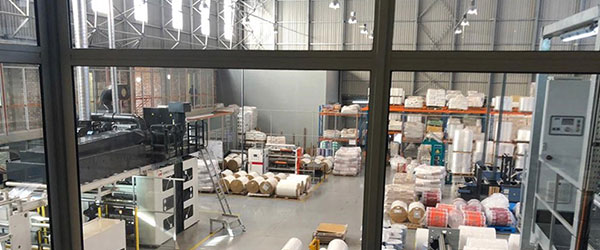
Mekemo Trading
(Young artisans skills-based finance)
Operated by Rens Mekemo Shilongo, aged 33, Mekemo Trading provides automotive services including mechanical services, spray painting and panel beating for cars, trucks, buses, farm implements and mining and construction equipmentOperated by Rens Mekemo Shilongo, aged 33, Mekemo Trading provides automotive services including mechanical services, spray painting and panel beating for cars, trucks, buses, farm implements and mining and construction equipment.
Significance
The enterprise services a number of businesses. With a shortage of vocational skills to drive industrialization, finance for young artisans is geared to make skills that are in short supply available to a spread of enterprises.
Young entrepreneurs are expected to form a pool of skills and entrepreneurial capacity for the future of Namibia. They are also expected to generate employment.
Young entrepreneurs are expected to form a pool of skills and entrepreneurial capacity for the future of Namibia. They are also expected to generate employment.
Employment
Mekemo has created employment for four mechanics and two panelbeaters. The company expects to increase its staff complement as it grows.







